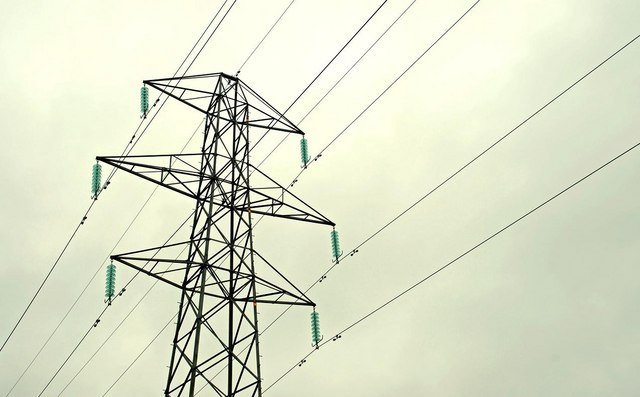Main opposition Akel accused the government of being authoritarian after it transpired Tuesday that the president would veto a recent law passed by opposition parties to cut VAT on electricity bills from 19 per cent to 9 per cent across the board for an indefinite period.
In the meantime, the government had approved a decree reducing VAT on household bills to 5 per cent for vulnerable groups and 9 per cent for the rest, for six and three months respectively, starting November 1.
The president’s veto had been expected after the government warned it would have a huge impact on state finances.
Akel accused the administration of being a government of “decrees and authoritarianism” and suggested it was going against society itself since the three-month reduction it had decided was nothing in the face of the wave of price increases.
“At a time when prices have reached their highest historical level, the reduction of VAT for three months only lacks rationale and planning,” the party said, adding it would vote against the veto.
When the president vetos a law, it is sent back to parliament with a letter containing the reasons for the action.
Parliament can then accept the reasoning or reject it. In the event of a rejection, the issue goes to the Supreme Court, which will have the final say.






Click here to change your cookie preferences